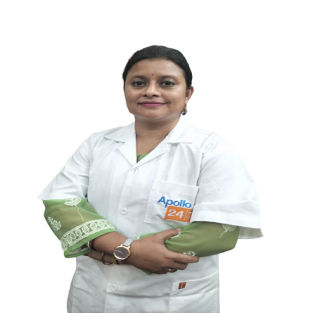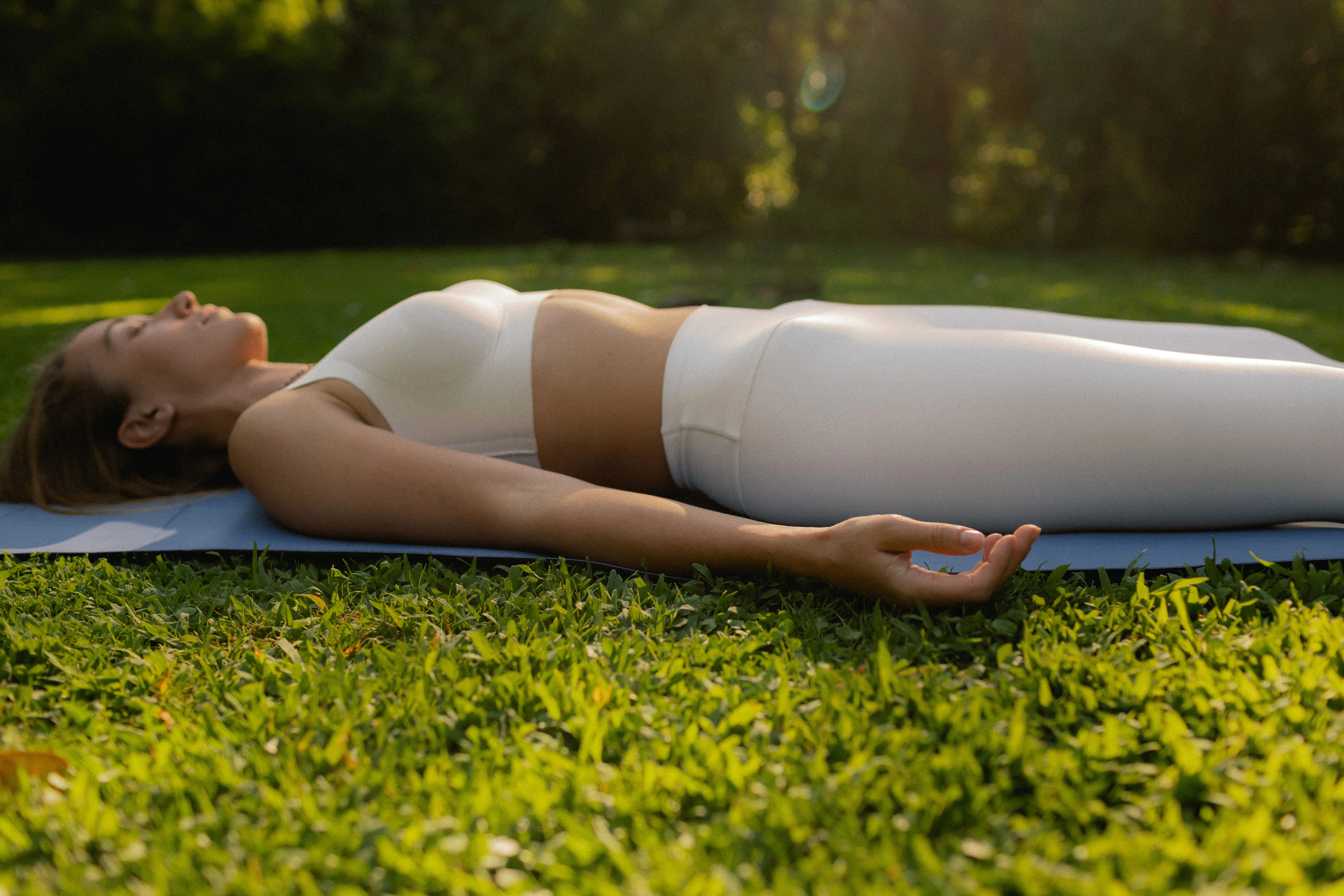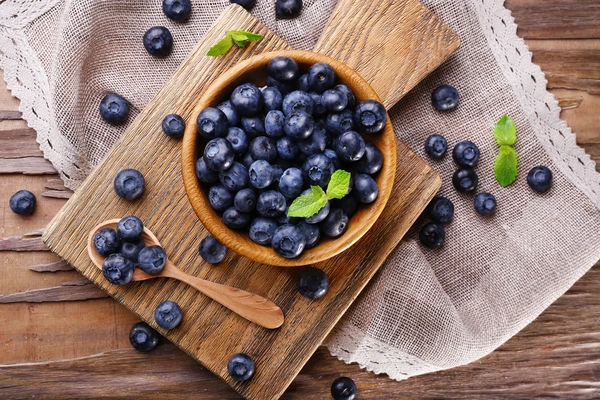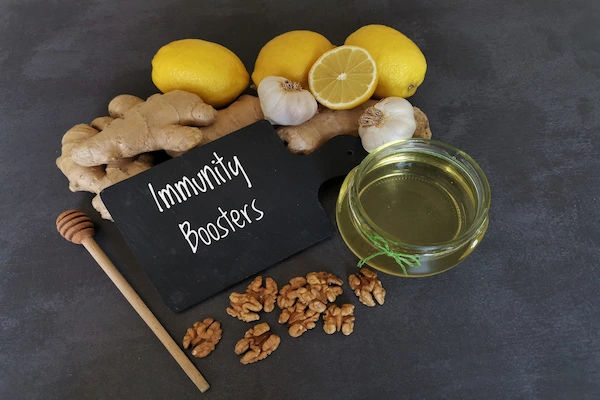Best Foods And Diet Tips For People With Piles
Discover the best piles diet with high fiber foods, hydration, and simple tips for hemorrhoid relief. Easy meal ideas and what to avoid.

Written by Dr. M L Ezhilarasan
Reviewed by Dr. Shaik Abdul Kalam MD (Physician)
Last updated on 13th Jan, 2026

Introduction
If you’re looking for haemorrhoid relief, a well-planned piles diet built around high fibre foods can make everyday life more comfortable. Haemorrhoids (also called piles) are swollen veins in the lower rectum and anus. They can cause pain, itching, bleeding, and discomfort during bowel movements. The way you eat and drink directly affects stool softness, bowel regularity, and straining—all of which influence symptoms. The good news: small, consistent changes to what you put on your plate and in your cup can help.
Why Your Diet Matters When You Have Piles?
• Softer stools mean less straining: Fibre and fluids draw water into stool, making it softer and easier to pass.
• Regularity reduces irritation: Going regularly can prevent hard stools and repeated straining that aggravate haemorrhoids.
• Gentle on the gut: Some foods can irritate the anal area or lead to constipation; others protect and soothe.
High Fiber Foods That Support Hemorrhoid Relief
Fibre is the star nutrient for a piles-friendly plate. Many health organisations recommend adults aim for roughly 25–30 grams of fibre per day from a variety of foods. Building meals around fibre-rich choices can reduce constipation and straining, which may ease symptoms.
Great Everyday Sources
• Whole grains: Oats, whole wheat bread, brown rice, barley, quinoa, whole grain pasta
• Legumes: Lentils, chickpeas, black beans, kidney beans, split peas, soybeans (edamame)
• Fruits: Berries, pears, apples (with skin), oranges, bananas, prunes, figs
• Vegetables: Broccoli, Brussels sprouts, carrots, spinach, sweet potatoes (with skin), artichokes
• Nuts and seeds: Almonds, pistachios, walnuts, chia, flax, pumpkin seeds
How to Get More Fibre Without the Fuss
• Start your day with oatmeal topped with berries and a sprinkle of chia or ground flax.
• Swap white bread and rice for whole grain versions.
• Add a half-cup of beans to salads, soups, tacos, or pasta.
• Snack smart: fruit with a handful of nuts, or whole grain crackers with hummus.
• Keep frozen vegetables and fruit on hand for easy additions to meals and smoothies.
Soluble vs. Insoluble Fibre: Both Help
• Soluble fibre (oats, beans, apples, citrus, psyllium) absorbs water and forms a gel-like texture that softens stool.
• Insoluble fibre (whole wheat, nuts, many vegetables) adds bulk, which helps keep things moving.
Aim for a mix of both types throughout the day.
Hydration: Fibre’s Best Friend
Fibre works best when you drink enough fluids. Water helps fibre keep stool soft and easier to pass.
• Sip fluids regularly through the day. Water is ideal; unsweetened tea, sparkling water, and broth count too.
• Use thirst, your activity level, and urine colour (pale yellow is often a good sign) to guide intake.
• Limit sugary drinks. They add calories without the benefits of fibre or hydration quality.
Simple, Soothing Meal Ideas
Here’s a simple and soothing meal idea for breakfast, lunch and dinner:
Breakfast
• Oatmeal cooked with milk or fortified plant milk, topped with blueberries and ground flaxseed
• Whole-grain toast with avocado and a side of orange slices
• Yoghurt or kefir parfait with fruit and high-fibre cereal
Lunch
• Lentil soup with a side salad and whole-grain bread
• Whole wheat wrap with hummus, mixed veggies, and grilled chicken or tofu
• Brown rice bowl with black beans, roasted vegetables, salsa, and a dollop of plain yoghurt
Dinner
• Baked salmon with quinoa and roasted Brussels sprouts
• Whole wheat pasta with tomato-vegetable sauce and a mixed green salad
• Stir-fry with tofu or shrimp, mixed vegetables, and brown rice
Snacks
• Apple or pear (with skin) and a handful of nuts
• Carrot sticks, cucumbers, and whole grain crackers with hummus
• Prunes or figs (start with small portions if you’re new to them)
Fibre Supplements: A Helpful Add-On
Food should be your foundation, but a fibre supplement can help if you struggle to meet daily goals. Options such as psyllium husk can soften stool and improve regularity.
Tips:
• Start low and go slow to avoid gas and bloating.
• Drink plenty of water with any fibre supplement.
• Check with your clinician if you take medications or have chronic conditions.
Foods and Drinks to Limit
Here’re some foods and drinks to limit and why:
• Low-fibre refined grains: White bread, white rice, and many pastries can contribute to constipation. Choose whole grain versions when possible.
• Excess alcohol: Alcohol can be dehydrating for some people and may aggravate symptoms.
• Very spicy foods: They can irritate the anal area for some people, especially during a flare-up.
• Large amounts of cheese and processed meats: These can be low in fibre and may slow digestion for some.
Remember, individual triggers vary. Try a simple food-and-symptom journal to see what affects you.
Consult Top Specialists
Gentle Habits That Support Your Piles Diet
Here are the habits that support your piles diet:
• Go when you feel the urge. Don’t delay bowel movements; waiting can lead to harder stool.
• Don’t strain or linger. Prolonged sitting on the toilet increases pressure on veins.
• Move your body. Regular physical activity supports bowel function and overall health.
• Warm baths can soothe. A short warm bath (or sitz bath) may ease discomfort after bowel movements.
• Consider a footstool. Elevating your feet can help position your body for easier elimination.
How to Increase Fibre Without Discomfort?
Here’s how to increase fibre without discomfort:
• Add fibre gradually over 1–2 weeks to give your gut time to adjust.
• Spread fibre across meals and snacks, rather than all at once.
• Include fluids with every meal and snack.
• Rotate fibre sources. Variety helps your microbiome and reduces the chance that one food causes gas.
• If gas or bloating persists, adjust portion sizes and try different fibre types (for example, oats and psyllium are often gentler).
When to See a Healthcare Professional?
Diet changes help many people, but seek medical care promptly if you have:
• Heavy or persistent rectal bleeding
• Severe pain, dizziness, or fainting
• Symptoms that don’t improve after a week or two of self-care
• A change in bowel habits that lasts more than a few weeks
• Known conditions (such as inflammatory bowel disease) or medications that complicate constipation
A clinician can confirm the diagnosis, rule out other causes of bleeding, and discuss treatments such as topical medicines, procedures, or surgery when needed.
Consult Top Specialists
Consult Top Specialists

Ms. Suhita Sinha
Dietician
8 Years • BSC Food & Nutrition
Kolkata
Chikitsa Medicare Centre Pvt. Ltd.Sattelite Centre Behala Chowrasta, Kolkata

Ms. Sreeparna Dey Dhara Deb
Dietician
10 Years • DNHE
Bansdroni
Siddhita Healthcare., Bansdroni

Ms. Soma Saha
clinical nutrition
17 Years • B.Sc. - Home Science (Food & Nutrition), M.Sc. - Home Science (Food & Nutrition)
Kolkata
Dr Utsa Basu Clinic, Kolkata
(50+ Patients)

Ms. Merlin Annie Raj
Dietician
13 Years • M.sc Clinical nutrition and dietetics, RD
Hyderabad
Merlin Clinics, Hyderabad
(25+ Patients)

Ms. Malabika Datta
Dietician
17 Years • Msc. in Dietetics & Food Service Management
Kolkata
Dr Utsa Basu Clinic, Kolkata
(25+ Patients)
Consult Top Specialists

Ms. Suhita Sinha
Dietician
8 Years • BSC Food & Nutrition
Kolkata
Chikitsa Medicare Centre Pvt. Ltd.Sattelite Centre Behala Chowrasta, Kolkata

Ms. Sreeparna Dey Dhara Deb
Dietician
10 Years • DNHE
Bansdroni
Siddhita Healthcare., Bansdroni

Ms. Soma Saha
clinical nutrition
17 Years • B.Sc. - Home Science (Food & Nutrition), M.Sc. - Home Science (Food & Nutrition)
Kolkata
Dr Utsa Basu Clinic, Kolkata
(50+ Patients)

Ms. Merlin Annie Raj
Dietician
13 Years • M.sc Clinical nutrition and dietetics, RD
Hyderabad
Merlin Clinics, Hyderabad
(25+ Patients)

Ms. Malabika Datta
Dietician
17 Years • Msc. in Dietetics & Food Service Management
Kolkata
Dr Utsa Basu Clinic, Kolkata
(25+ Patients)
More articles from General Medical Consultation
Frequently Asked Questions
1) What is the best single change I can make today?
Start with one high-fibre upgrade at your next meal (for example, swapping white rice for brown rice or adding a half-cup of beans) and drink water with it. Small, consistent steps add up.
2) How much fibre should I get daily?
Many experts suggest about 25–30 grams of fibre per day from food. If you’re not close to that now, increase gradually and add fluids to reduce gas or bloating.
3) Are fibre supplements safe to use every day?
For many people, daily psyllium or similar supplements are safe and helpful. Always take with water and speak with your clinician if you have medical conditions or take medications.
4) Do spicy foods cause haemorrhoids?
Spicy foods don’t cause haemorrhoids, but they may worsen burning or irritation during a flare for some people. If you notice a pattern, cut back during sensitive times.
5) What should I drink to help with constipation?
Water is best. Unsweetened tea or sparkling water also count. Steady fluid intake helps fibre work properly and keeps stools softer.




